News
Founders of US Crypto Firm Charged with Assisting North Korean Hacking Group in Laundering Money
Two co-founders of the cryptocurrency firm Tornado Cash, Roman Semenov and Roman Storm, were char...
 Explore More
Explore More
News
FATF encourages Digital ID during Coronavirus epidemic
The Financial Action Task Force (FAFT) is advocating the use of digital identity technology to se...
 Explore More
Explore More
News
Victor Fredung Warns Businesses about the Rising Cybercrimes During Halloween
Halloween is one of the most awaited festivals throughout the year. While people plan different t...
 Explore More
Explore More
News
Singapore Seizes $2 Billion Worth of Assets in Money Laundering Investigation
Singaporean regulatory authorities officials accused lax immigration policies of large inflows of...
 Explore More
Explore More
News
European Banking Authority Issues Latest Regulations on Crypto Travel Rules
The European Banking Authority (EBA) announced the new consultation process to implement the cryp...
 Explore More
Explore More
News
Seychelles Upgrade on FATF Recommendation to Strengthen Anti-Money Laundering Measures
Seychelles has upgraded and implemented 5 FATF recommendations to strengthen anti-money launderin...
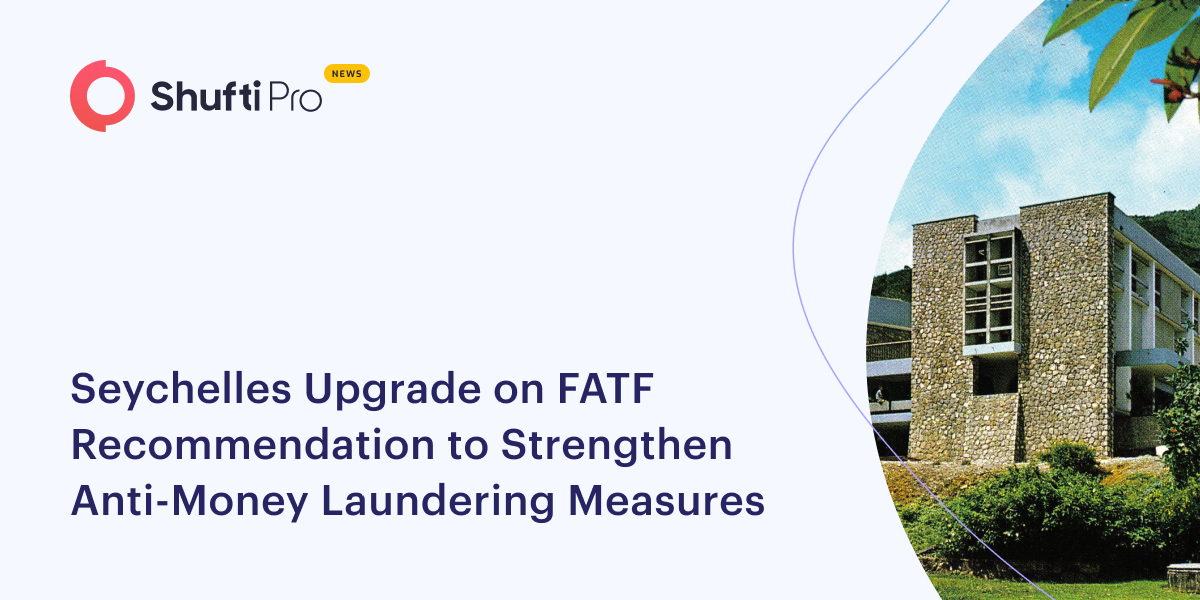 Explore More
Explore More
News
MFSA Tightens Financial Regulations for Lawyers, Auditors, and Accountants
Professionals in Malta, lawyers, accountants, and auditors, etc. are resisting the new rules that...
 Explore More
Explore More
News
South Korea Unlikely to Legislate Crypto Regulations Before the U.S – Says FSC
South Korea’s Financial Services Commission focuses the cryptocurrency legislation. According to ...
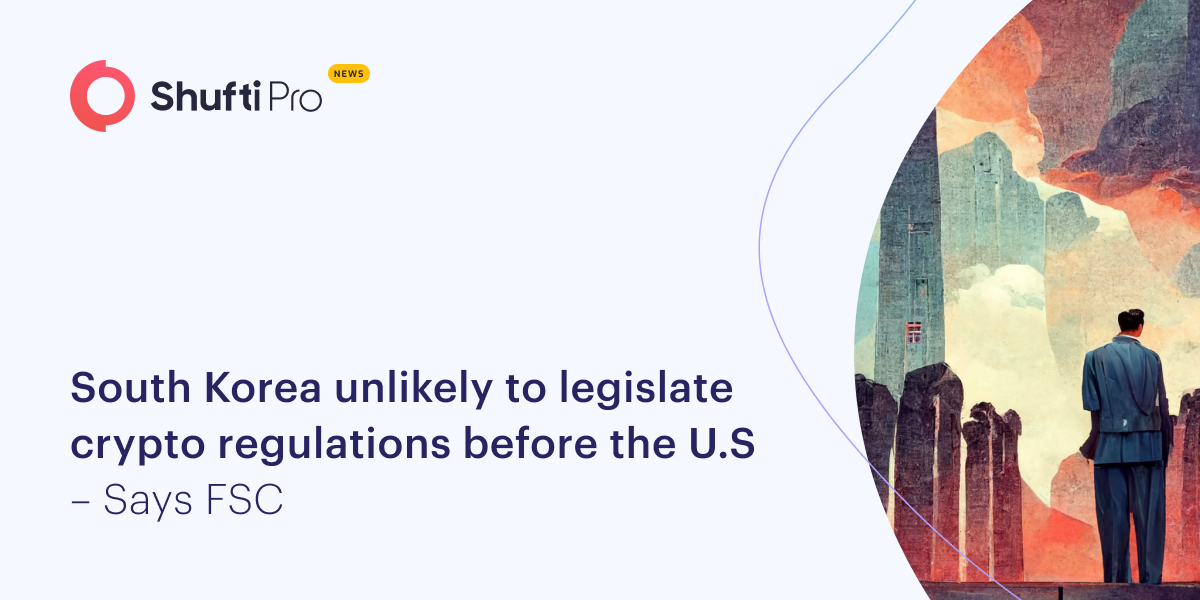 Explore More
Explore More
News
Money Laundering to Remain a Significant Challenge with Spike in Online Crime
Senior officers of Garda have indicated the rapidly rising problem of money laundering as the big...
 Explore More
Explore More
News
Saskatchewan Government Invests $1.66m to Support Fight Against Money Laundering
The Government of Saskatchewan is spending $1.66 million on the Civil Forfeiture Program to back ...
 Explore More
Explore More
News
Austrian Gamblers Struggle to Recoup Money from Illegal Betting Sites
Austrian gamblers struggle to recoup money from illegal betting sites after gambling groups face ...
 Explore More
Explore More
News
Regulators Express Concerns on TD Bank’s AML Practices Leading to Merger Termination to Acquire First Horizon Bank
TD Bank was being examined by the Office of the Federal Reserve and the Comptroller of the Curren...
 Explore More
Explore More
News
Real Estate Money Laundering Rises, KCB Dragged to Court for AML Breach
Real Estate development and construction company Tirupati Development Limited has dragged KCB Ban...
 Explore More
Explore More
News
Philippines anti-money laundering council demands strict POGO regulations
The Philippines Anti-Money Laundering Council (AMLC) has advised of an “increasing level of threa...
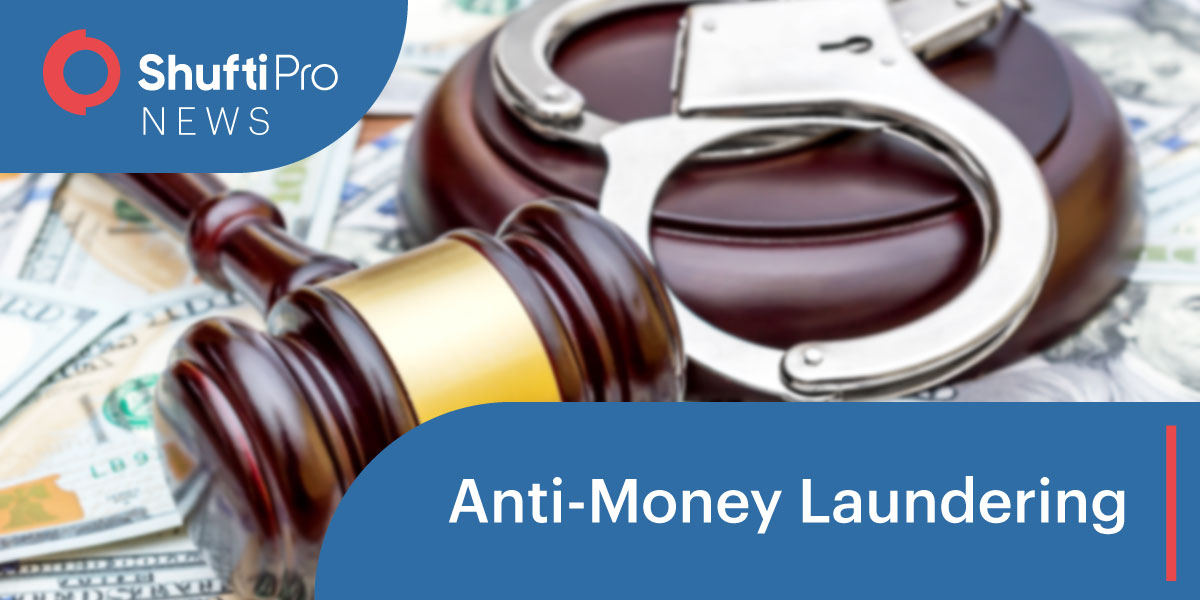 Explore More
Explore More
News
Indian Brokers Under Investigation for Alleged Money Laundering and Identity Theft
Three of the most prominent brokers in the country have come under scrutiny from numerous regulat...
 Explore More
Explore More
News
UK Launches New Crypto Asset Promotion Rules
The UK’s latest obligations on the promotions of the crypto service providers came into force thi...
 Explore More
Explore More
News
Singapore: MAS Preparing Data Sharing Platforms to Combat FinCrime
The Monetary Authority of Singapore (MAS) is creating a digital platform named Cosmic that will a...
 Explore More
Explore More
News
State Street Bank fined $1.24 million for breaching AML laws
The US-based State Street bank has been hit with million-dollar money laundering fine. The Austra...
 Explore More
Explore More
News
Singapore Authorities Investigates Bank’s Role in $1.8B Money Laundering Case
Singapore’s central bank started an investigation against banks involved in a $1.8b global wealth...
 Explore More
Explore More
News
Global Drug, Money Laundering Hub Busted in Las Vegas
Federal law enforcement officials in Las Vegas have dismantled an international money laundering ...
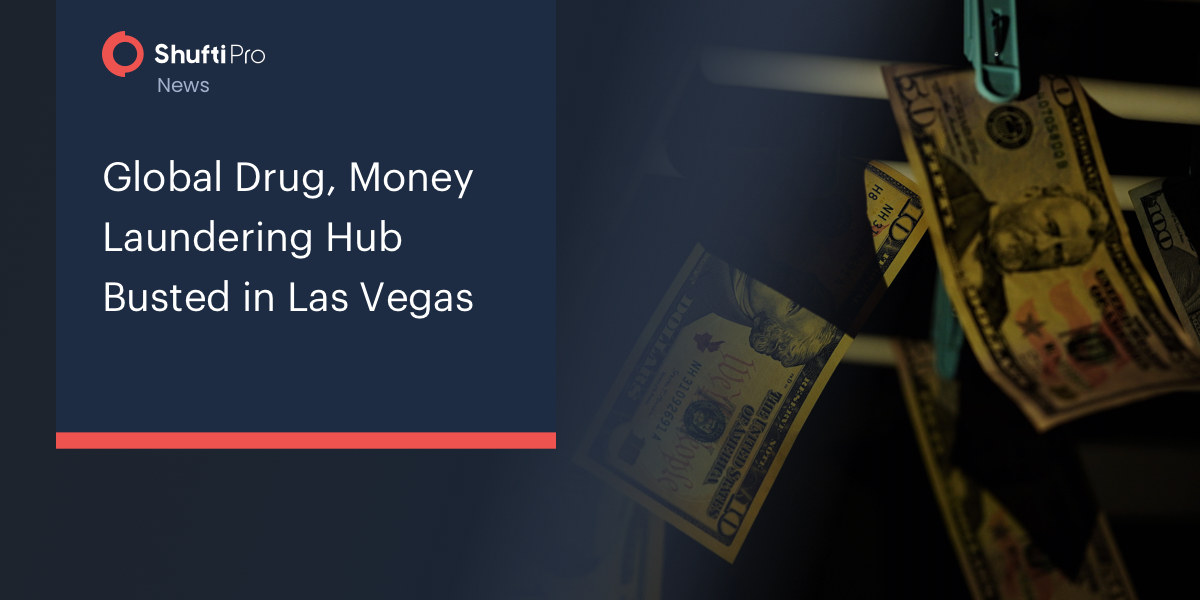 Explore More
Explore More
News
Remarkable Progress in Facial Recognition Revealed by a New Study
Could you have imagined a few years ago that you could be identified from your brain scan? The id...
 Explore More
Explore More
News
IPEC to Collaborate With FIU to Improve AML Framework
IPEC to collaborate with FIU to identify terrorist financing and money laundering risks that are ...
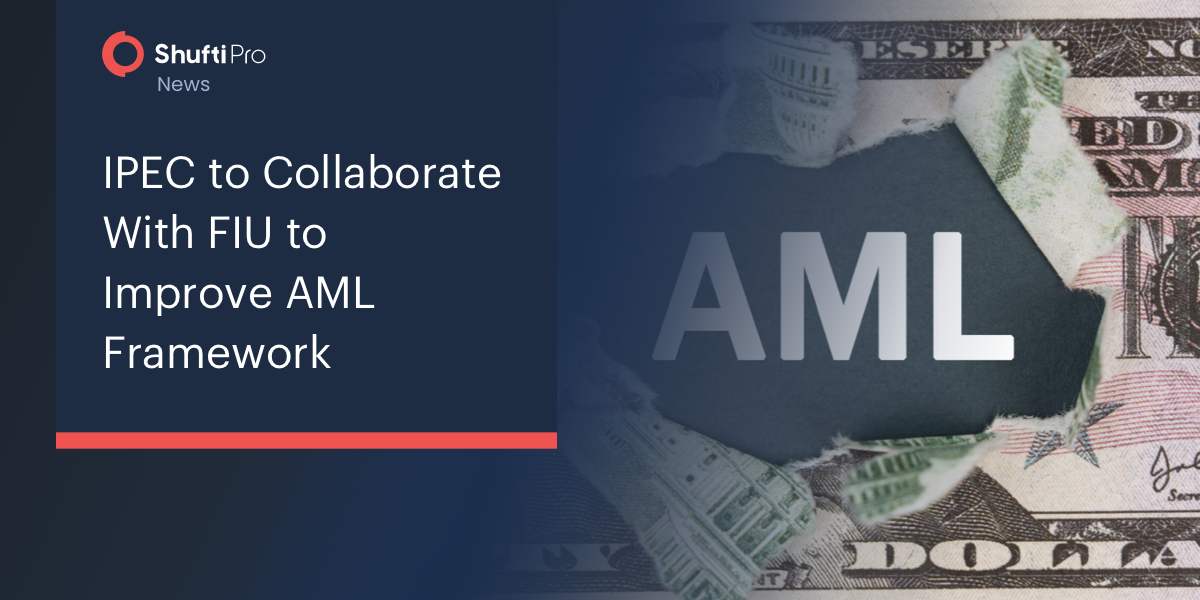 Explore More
Explore More
News
Banks take measures to serve customers amid COVID-19
The banking industry is stepping up to serve customers as well as their employees as the Coronavi...
 Explore More
Explore More
News
13K Affected in Third-Party Data Breach at Anthem MaineHealth
A third-party service provider accessed the database of Anthem MaineHealth and obtained patients’...
 Explore More
Explore More
News
Taiwan Finalise New Regulations for Offshore Crypto Exchanges
Taiwan is set to disclose new obligations for offshore crypto exchange companies, with rigid Anti...
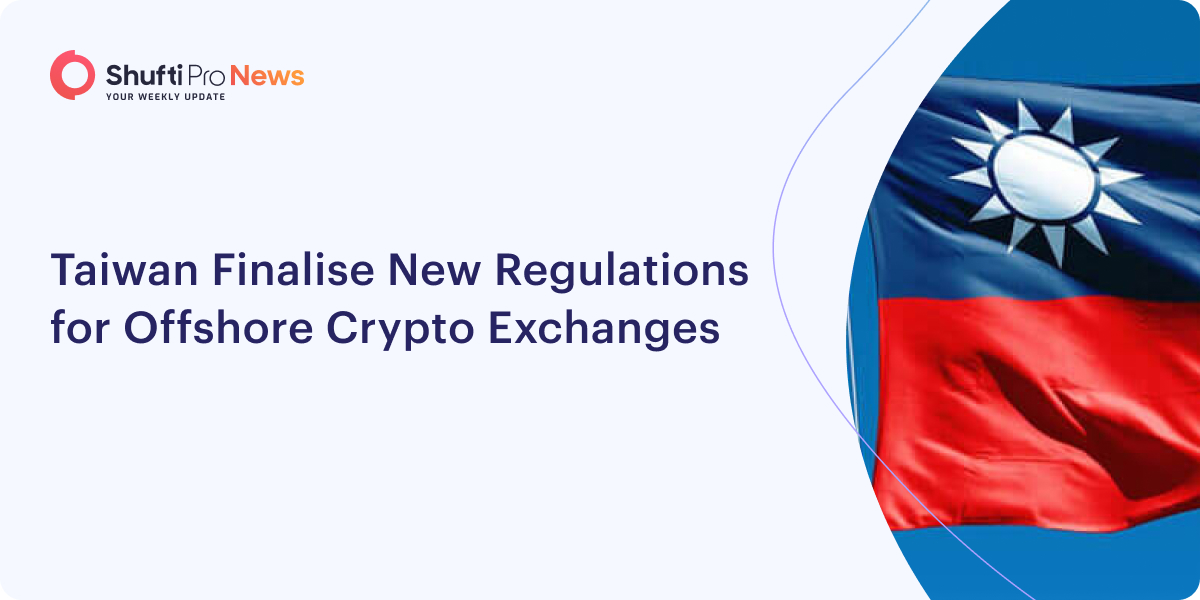 Explore More
Explore More
News
FIU to Audit Crypto Exchanges, Aiming to Reduce Money Laundering
Financial Intelligence Unit under Financial Services Commission to audit Korea’s cryptocurrency e...
 Explore More
Explore More
News
Coronavirus: UK economy recovering gradually, says Bank of England
Bank of England (BOE) governor, Andrew Bailey, stated that there are signs of the UK economy grad...
 Explore More
Explore More
News
Regulatory Authorities Fines TD Bank, Adelaide Casino, and SBI over $500 Million For AML Failings
International financial watchdogs have imposed a fine of over $500 million on TD Bank, Adelaide C...
 Explore More
Explore More
News
Kansas Reports Highest Number of Identity Theft Cases in 2020
New research conducted reveals that Kansas State has been ranked at number one for having the mos...
 Explore More
Explore More
News
More than HK$8 Billion has been Laundered through Hong Kong Banks in 2020
Victims of online, phone and investment scams have been conned out of more than HK$8 billion (1.0...
 Explore More
Explore More
News
Job Seekers Face Concerns of Identity Theft Through Fake Employment Scams
Fake employment advertisements defrauded many job seekers with theft of money and personal detail...
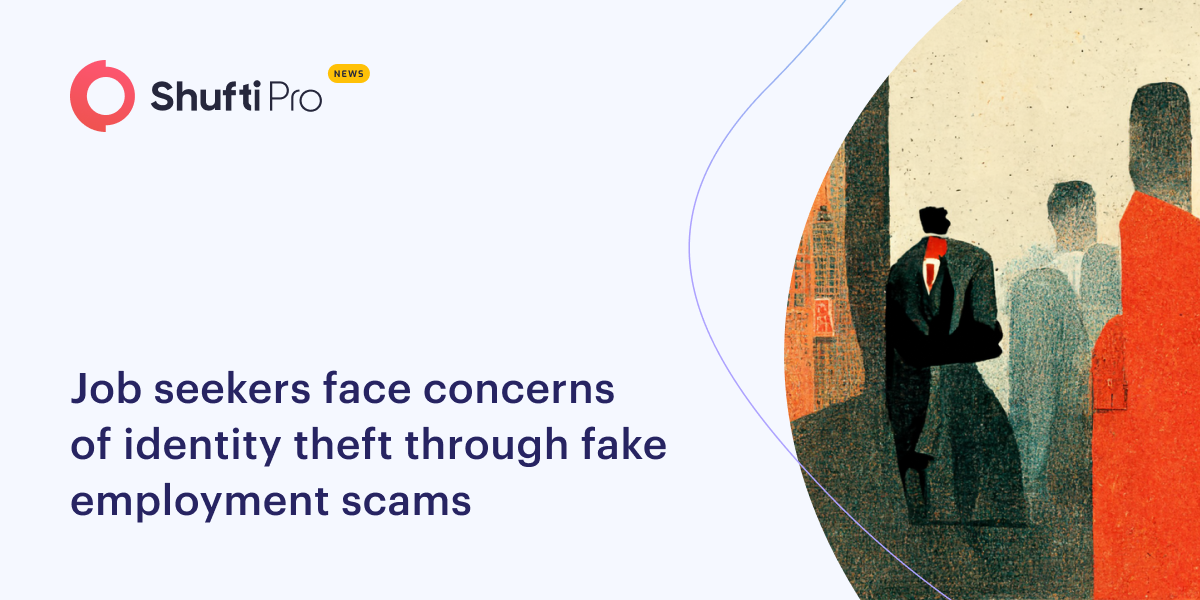 Explore More
Explore More
News
Newsman arrested for credit card theft
A Newport Newsman was arrested due to credit card and identity theft allegations.
The arrest was...
 Explore More
Explore More
News
Jamaica Shows Significant Progress in Anti-Money Laundering Compliance
Jamaica impressively complied with 37 recommendations from 40 international Financial Action Task...
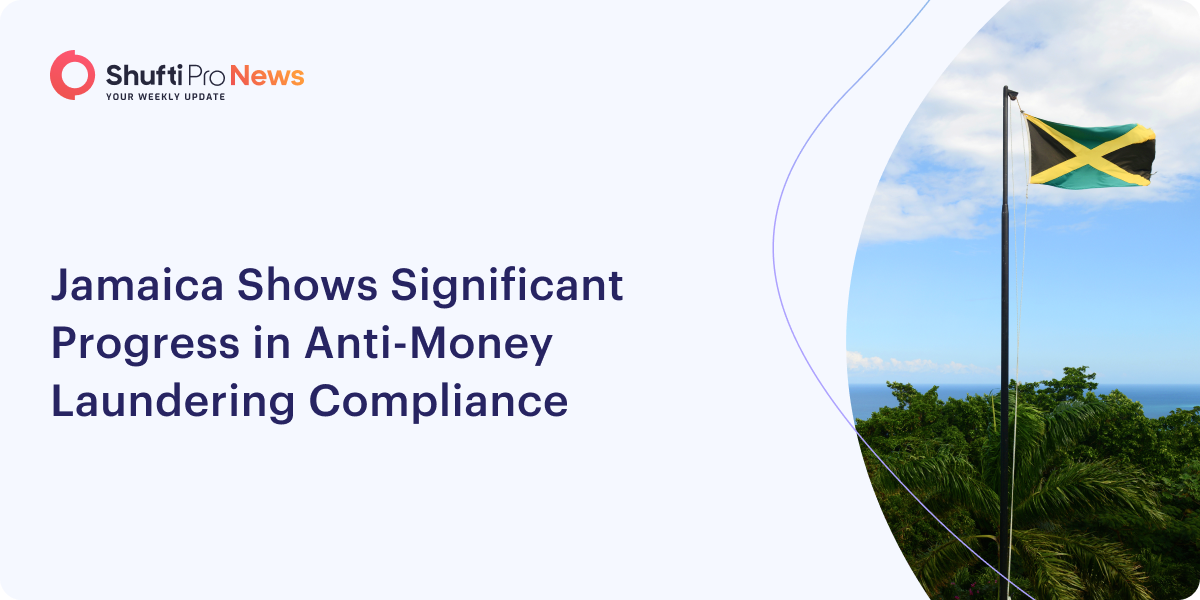 Explore More
Explore More
News
President of Argentina Open to CBDC Adoption but Central Bank Says No
Alberto Fernandez, President of Argentina showed openness to adoption of Bitcoin and Central Bank...
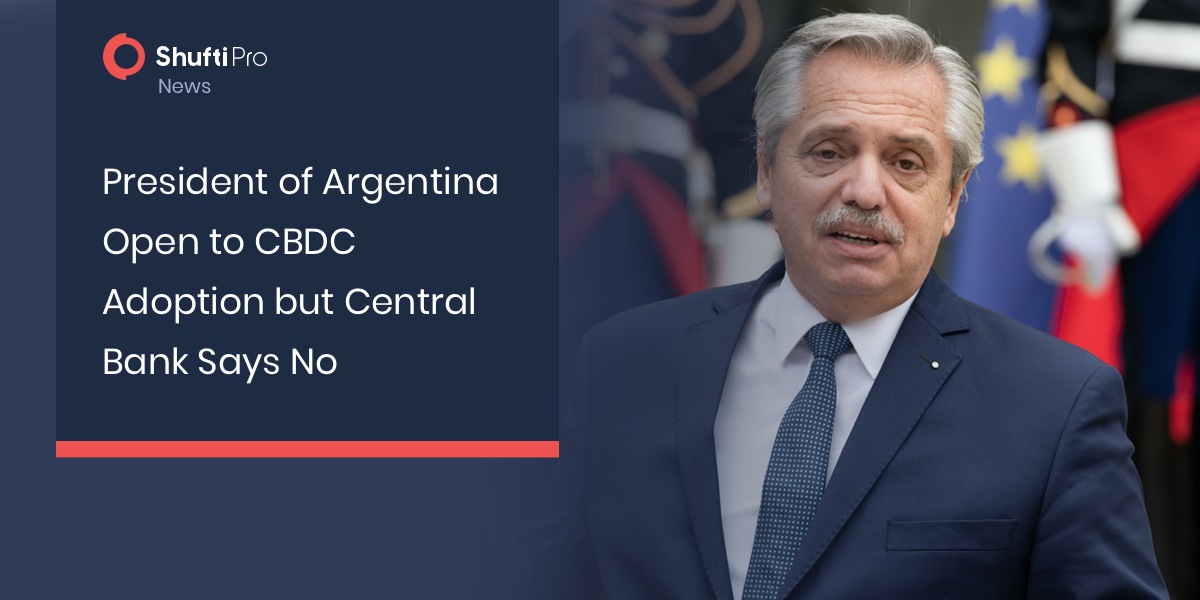 Explore More
Explore More
News
New AML Reforms ‘Tranche 1.5’ Take Effect in Australia
In an attempt to streamline customer verification and correspondent banking, AUSTRAC has issued r...
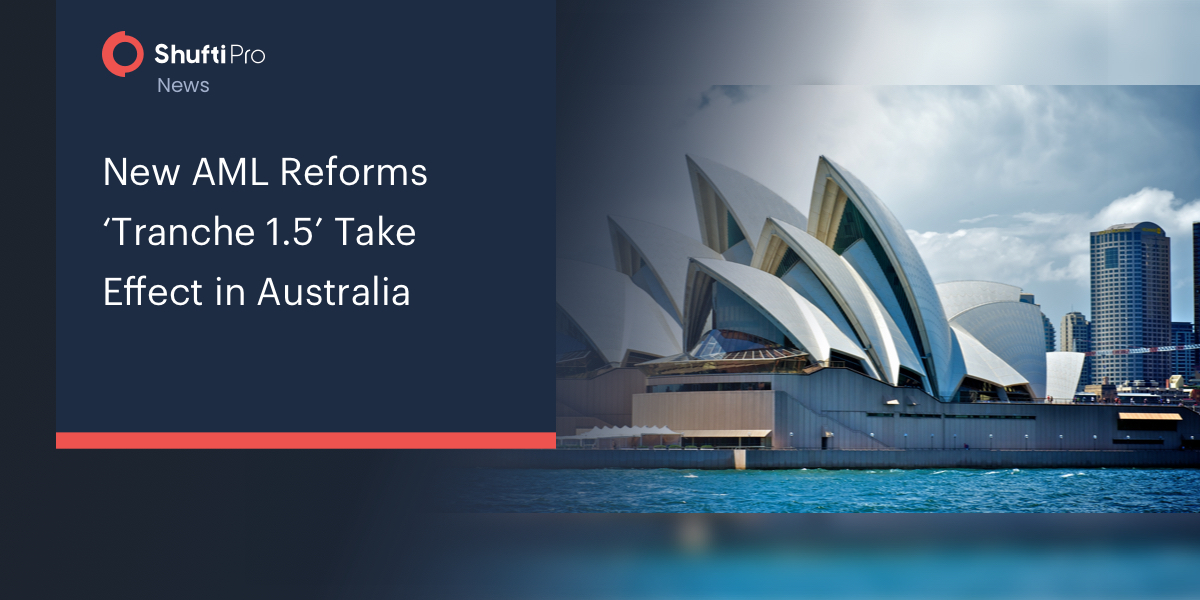 Explore More
Explore More
News
PBOC Issues New Financial Rules to Curb Money Laundering Risks
The People’s Bank of China (PBOC), The China Banking and Insurance Regulatory Commission, a...
 Explore More
Explore More
News
Nepal’s Foreign Employment Sector Witnesses a Surge in Fraudulent Cases
The number of individuals seeking international employment from Nepal has increased, and so do th...
 Explore More
Explore More
News
US Senators Urge CISA to Incorporate Rules for Ransomware Reporting
US senators have urged the CISA to enforce new ransomware reporting rules amid a sharp increase i...
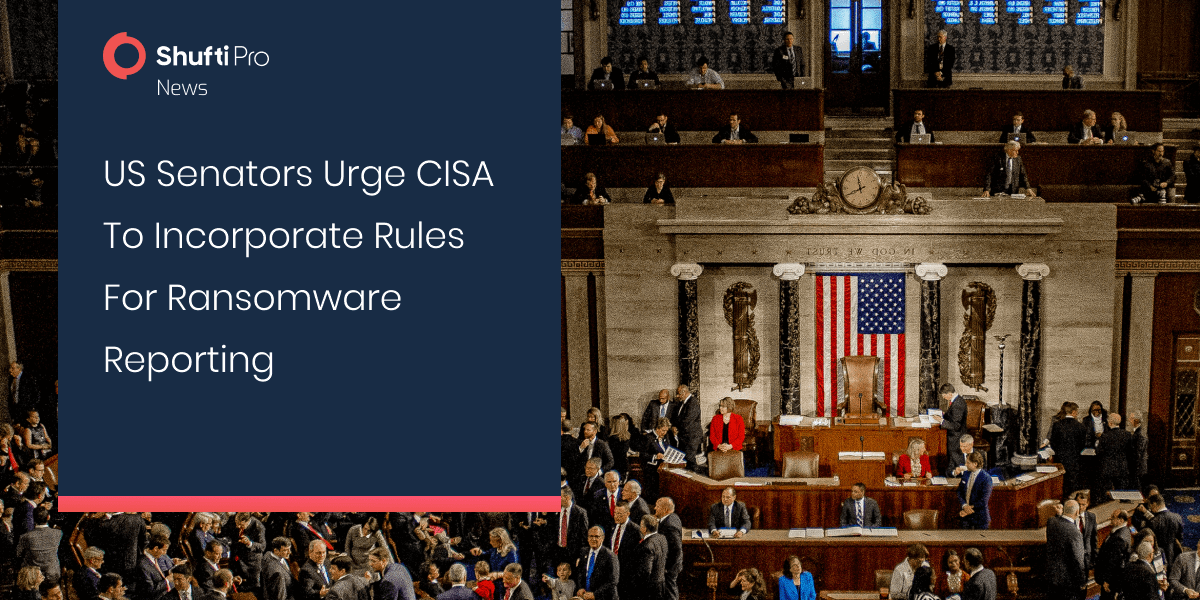 Explore More
Explore More
News
Jamaica Passes a New Bill to Counter Money Laundering
The Senate has approved the Company (Amendment) Act 2023, which will enable Jamaica to meet inter...
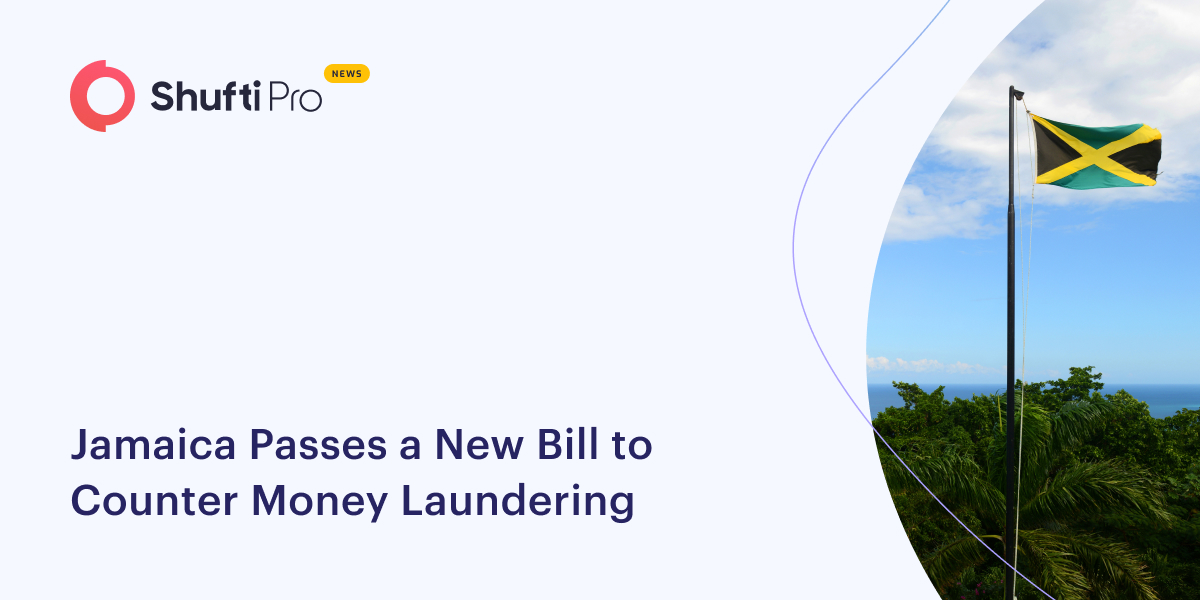 Explore More
Explore More
News
Criminal Group in KSA Jailed 24 Years Over Money Laundering Offence
Criminals in Saudi Arabia sentenced to 25 years imprisonment after getting caught in money launde...
 Explore More
Explore More
News
Panama’s Supreme Court to Declare Cryptocurrency Legislation
Panama’s Supreme court to decide whether to modify the “crypto bill” or approve it without amendm...
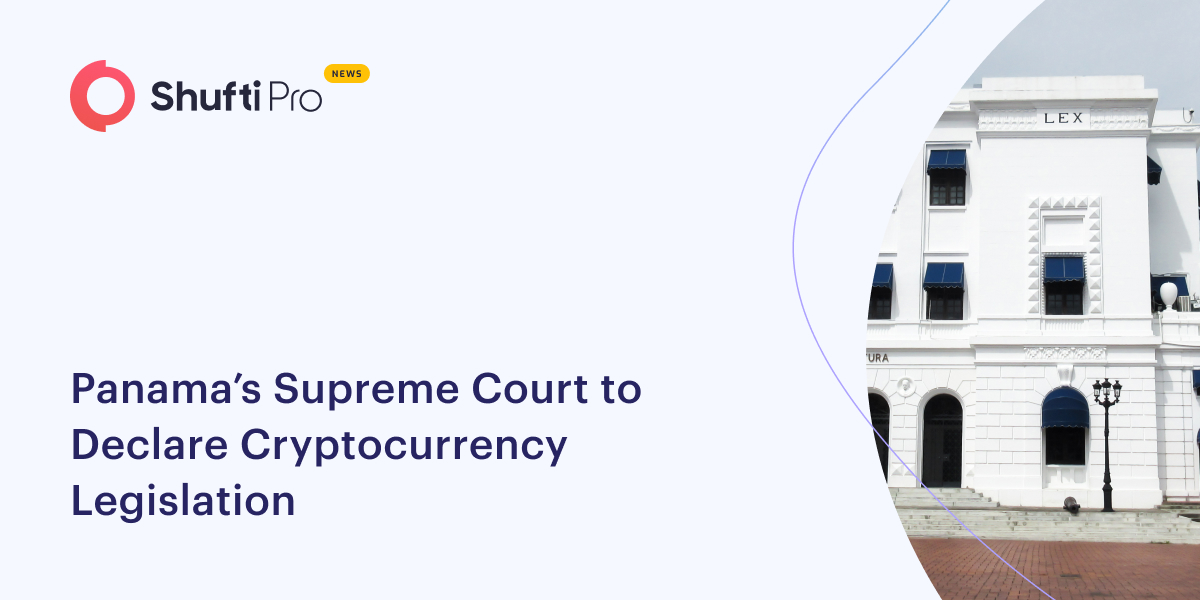 Explore More
Explore More
News
France to Implement Stringent Regulations on Cryptocurrency
France is planning on regulations that abolish the anonymity in cryptocurrency. Financial authori...
 Explore More
Explore More
News
FCA Cracks Down on Various Operators Hosting Illegal Crypto Cash Machines Around Leed
The FCA (Financial Conduct Authority) suspects many sites around Leeds of hosting illegally opera...
 Explore More
Explore More
News
Singapore’s Regulatory Authority Fines US$1.7M to Resorts World Sentosa for Due Diligence Failure
The gambling operator, Resorts World Sentosa (RWS), was fined by Singapore’s Gambling Regulatory ...
 Explore More
Explore More
News
Norway’s DNB is Facing a Possible Fine of $45M for Poor AML Compliance
Norway’s leading bank, DNB ASA, faces the possibility of a $45 million penalty for its inadequate...
 Explore More
Explore More
News
BaFin Threatens Deutsche Bank of Fines Over Weak AML Controls
Germany’s Financial Watchdog BaFin is not satisfied with the efforts of Deutsche Bank AG to contr...
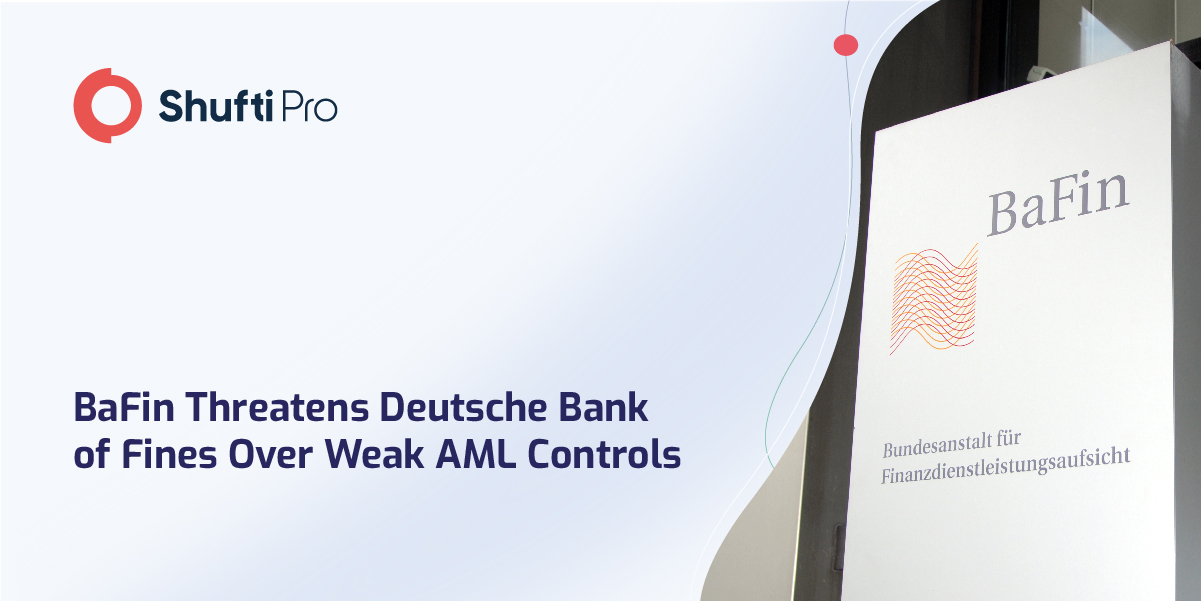 Explore More
Explore More
News
Lithuanian Government Approves Amendment to Strengthen Digital Currency Regulations
Lithuania is on the verge of becoming the first country in Europe to pass strict laws on digital ...
 Explore More
Explore More
News
Officials Concerned about the Russian Money Laundering Done Through the UK
The top officials in the UK have shown their concerns about the disturbing regularity of the Russ...
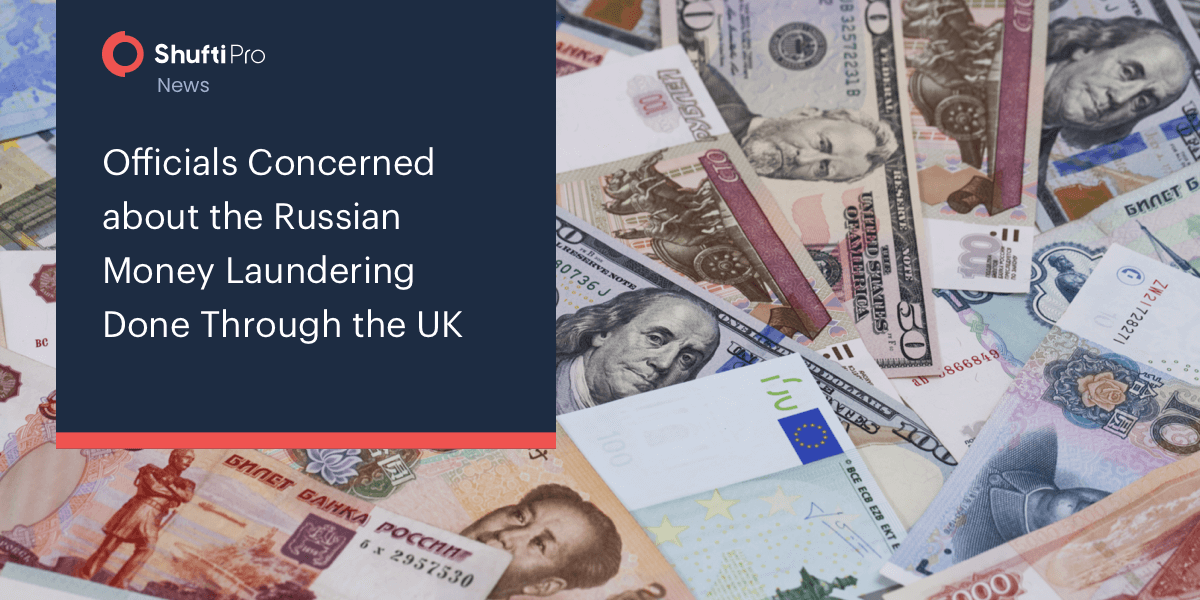 Explore More
Explore More
News
Taiwan Bans Four Foreign Banks for Breaching FX Regulations
The Central Bank of Taiwan has penalized four foreign banks for assisting 8 major grain companies...
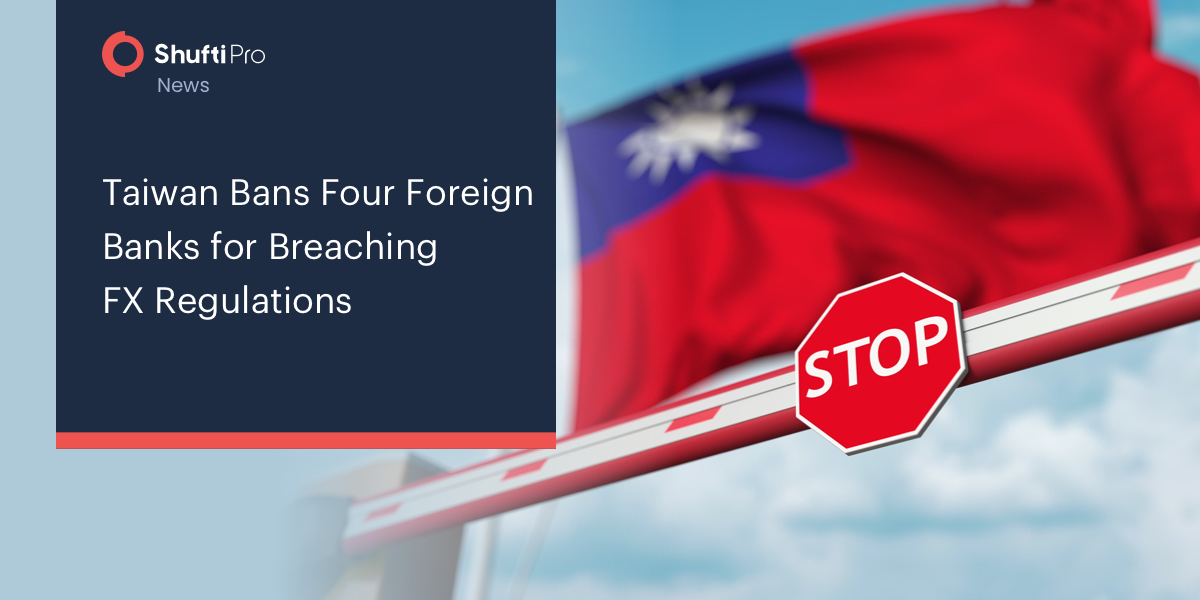 Explore More
Explore More
News
US Attorney’s Office Charges New York’s Oldest Mafia Clans for Money Laundering Scheme
The US Attorney’s office has accused the two of New York’s oldest mafia clans for laundering mone...
 Explore More
Explore More
News
ICC Qatar is going to have a seminar on money laundering and terrorist financing
The International Chamber of Commerce (ICC) Qatar is conducting a compliance awareness seminar on...
 Explore More
Explore More
News
FIAU Charges ECCM Bank €310,000 for Weak AML Controls
FIAU charged Silema-based ECCM Bank €310,000 over failings in money laundering controls, revealin...
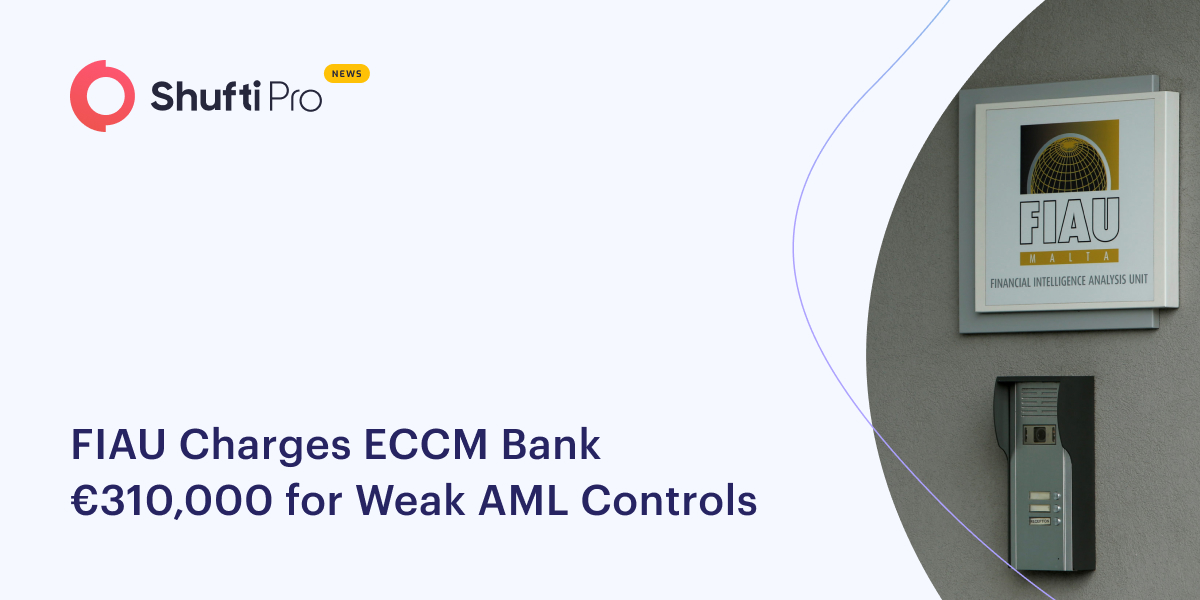 Explore More
Explore More
News
Travel to Restart as Several Countries Roll out Their Version of Vaccine Passports
Japan is planning on introducing a vaccine passport to make travelling easy for people. Internati...
 Explore More
Explore More
News
South Africa Enforces New Rules to Transfer Funds Abroad
The South African Revenue Service (SARS) has made regulatory changes to transfer funds overseas, ...
 Explore More
Explore More
News
UKGC Revoked IMME’s Licence for AML Non-compliance
Licence of IMME was revoked by the UK Gambling Commission for not complying with the Anti-Money L...
 Explore More
Explore More
News
Alfa-Bank to Offer Blockchain-Based Services for the Self-Employed People and Freelancers
Alfa-Bank is one of the largest private commercial banks in Russia which is exploring blockchain-...
 Explore More
Explore More
News
Fintech funding dwindles amidst Coronavirus pandemic
Fintech funding reduced at the beginning of 2020 because the COVID-19 outbreak began to hit late ...
 Explore More
Explore More
News
Research and Data are Key to Developing Fair Crypto Regulations, Say Blockchain Experts
As global regulators are looking to have control over crypto, blockchain analysts say that lawmak...
 Explore More
Explore More
News
New York Federal Reserve Sued by Puerto Rican Bank For Blocking Service in Venezuela
A Puerto Rican bank has sued the New York Federal Reserve on 25th July for suspending their acces...
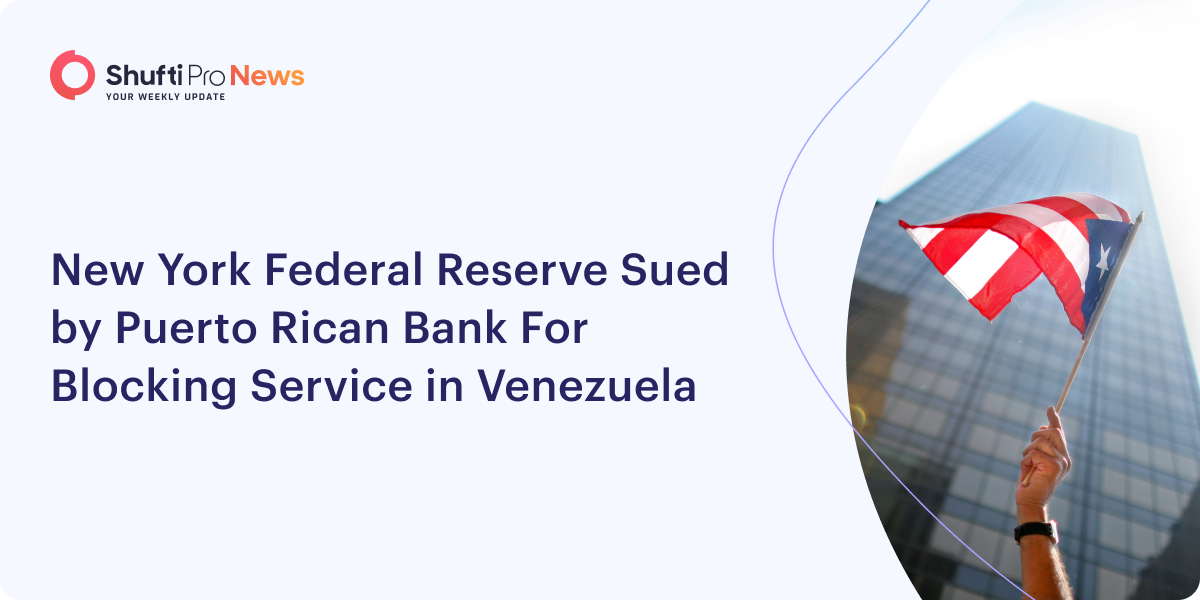 Explore More
Explore More
News
US Crypto Firms Reluctant Towards New KYC/AML Proposal by FinCEN
The US crypto firm, Coinbase, sent a letter to FinCEN with a clear message, “There is no emergenc...
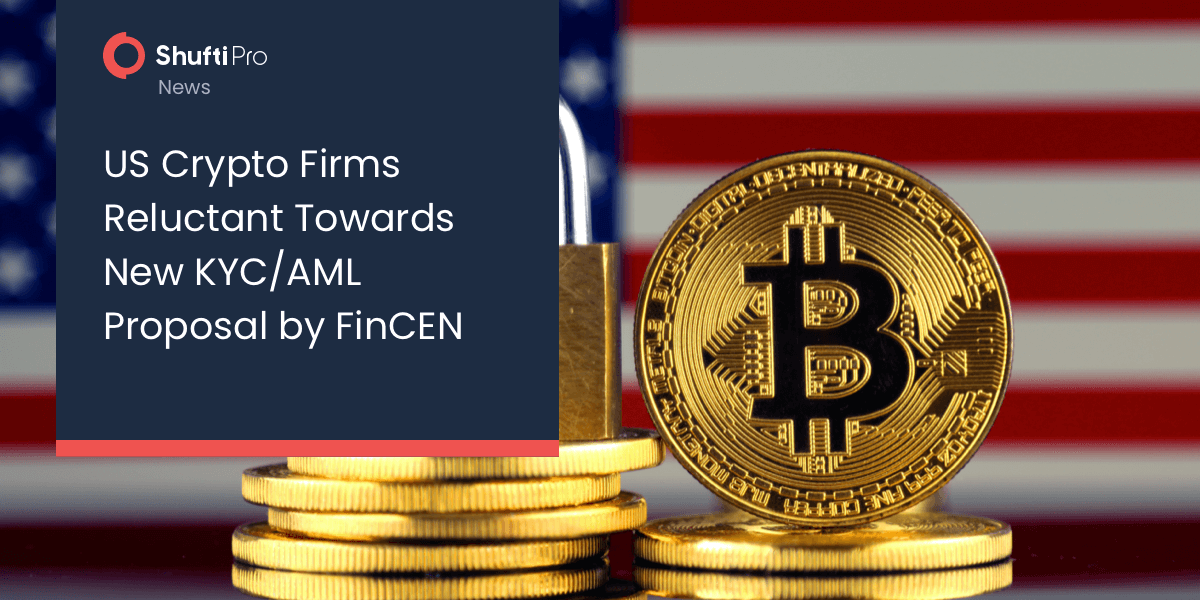 Explore More
Explore More
News
EGBA Introduces New Guidelines to Prevent Money Laundering in Gaming Industry
EGBA (European Gaming and Betting Association) has announced new guidelines to improve the anti-m...
 Explore More
Explore More
News
GIABA Points Out Gaps in Nigeria’s AML/CFT Framework
The GIABA report revealed loopholes in the Nigerian AML/CFT framework and called Nigerian law enf...
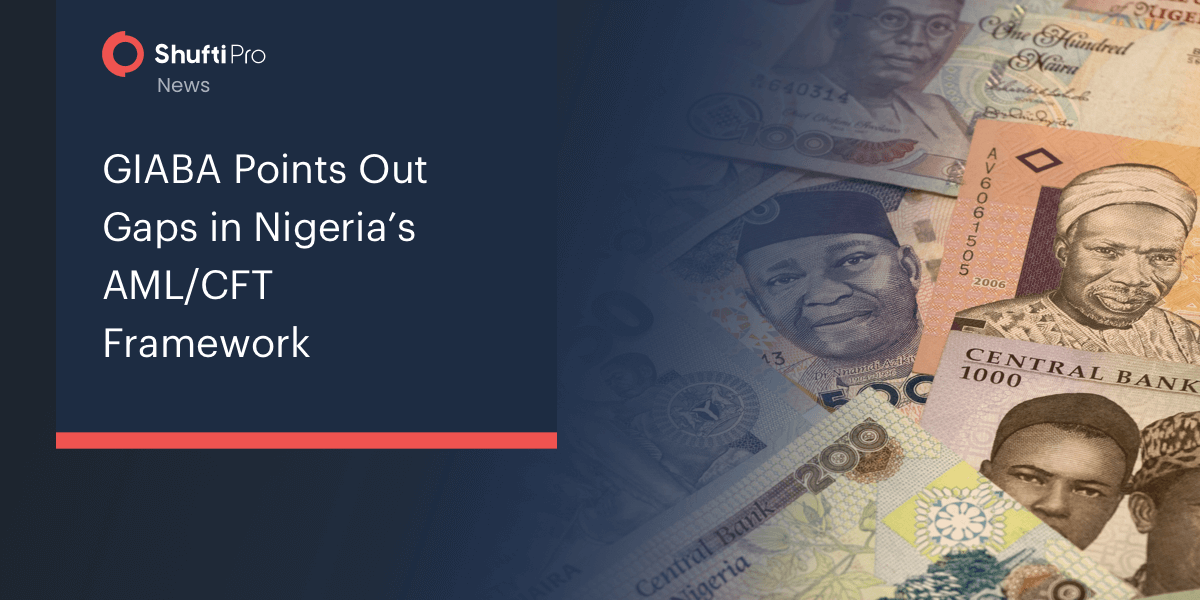 Explore More
Explore More
News
Ring doorbell gives user data to Facebook and Google
Recent investigation suggests that Ring doorbells are exposing the customers’ data to companies s...
 Explore More
Explore More
News
US Sanctions Crypto Mixer Sinbad Over Connections to North Korea
The FBI and the Dutch Financial Intelligence and Investigation Service have a crackdown on virtua...
 Explore More
Explore More
News
German Authorities Shut Down ChipMixer on Suspicion of Laundering $2.9B Worth of Bitcoins
Law enforcement authorities bring down German-based server ChipMix alleged of laundering $2.9 bil...
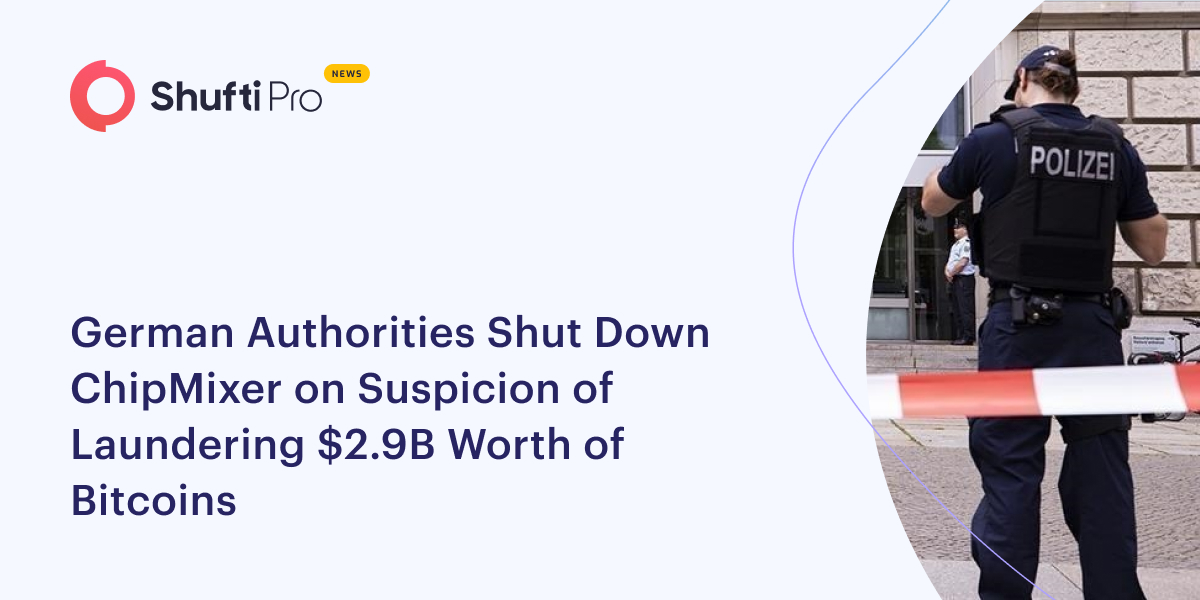 Explore More
Explore More
News
Ransomware gang strikes three companies in the US and Canada
The well-known ransomware group REvil has initiated another series of attacks targeting three com...
 Explore More
Explore More
News
Elon Musk proposes regulations on artificial intelligence
”Organizations developing artificial intelligence must be regulated”, says Elon Musk. This is not...
 Explore More
Explore More
News
Central Bank of Morocco to Introduce a Comprehensive Crypto Regulation Bill
Morocco’s Central Bank is drafting a set of comprehensive cryptocurrency laws as the digital asse...
 Explore More
Explore More
News
Wealthy Americans Targeted by U.S. in Panama Tax-fraud Probe
Financial authorities in the US obtained a legal mandate to acquire information about wealthy cit...
 Explore More
Explore More
News
Pacific Financial Intelligence Unit Collaborates to Combat Money Laundering
The Financial Intelligence Unit of the Pacific region arranged the meeting last week to enhance t...
 Explore More
Explore More
News
Authorities Warn that the Current Crypto Landscape is Plagued with Scam
According to the Connecticut State Police, the emerging virtual cryptocurrency market is prone to...
 Explore More
Explore More
News
HKMA Issues Mandate to Encourage Innovation in AML/CFT
Hong Kong’s Monetary Authority is set to launch interactive lab sessions to experiment with innov...
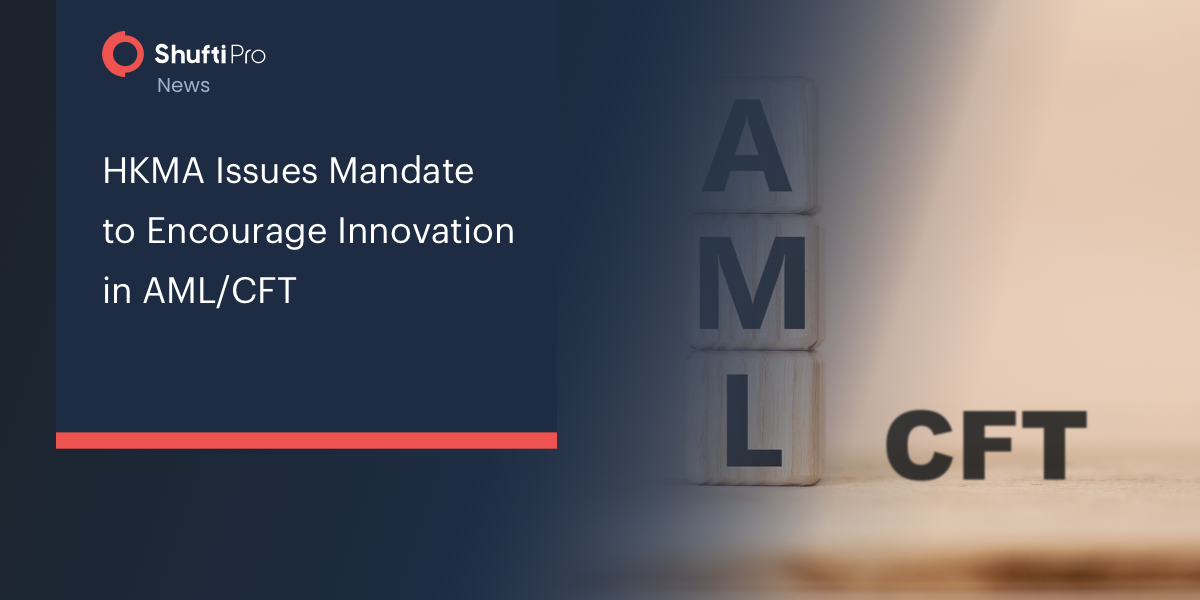 Explore More
Explore More












































































